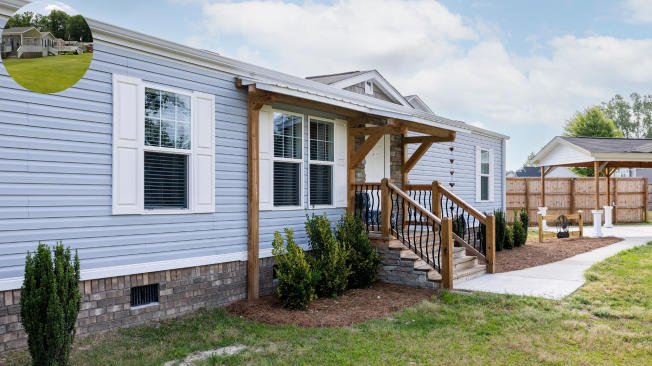Mobile homes, also known as manufactured homes, are subject to property taxes, but how these taxes are applied depends largely on how the home is classified and situated. If a mobile home is permanently affixed to a foundation and the owner also owns the land, it is typically taxed as real property, similar to a traditional house. Conversely, suppose the mobile home is not permanently attached and is located on leased land. In that case, it is often classified as personal property and taxed differently, sometimes akin to vehicles or other movable assets. Additionally, some states may require annual registration fees for mobile homes, which can be separate from or in addition to property taxes. Understanding the specific tax obligations requires consulting local regulations, as tax treatment varies by jurisdiction and the home’s status as real or personal property.
Explaining Property Taxes
Property taxes are a crucial source of revenue for local governments. They help fund essential services like schools, public safety, and infrastructure maintenance. Homeowners contribute to these taxes based on the assessed value of their property.
Typically, property tax rates vary by location. Each jurisdiction sets its rate, which can change annually based on budgetary needs or economic conditions. Even similar properties in different areas may have vastly different tax obligations.
Assessors evaluate properties using various methods to determine their market value. Size, age, and condition play significant roles in this assessment process.
Property taxes are generally paid yearly or semi-annually. Failure to pay can lead to penalties or even foreclosure in severe cases. Therefore, understanding how they work is vital for anyone owning real estate assets.
How Property Taxes Apply to Mobile Homes
Property taxes for mobile homes can vary significantly based on location and local laws. Unlike traditional houses, mobile homes may be classified as personal property or real estate, which affects how they are taxed.
When a mobile home is placed on land owned by the owner, it often qualifies as real property. This means it can be subjected to standard property tax rates. However, if the mobile home is in a rented lot or community, it might remain categorized as personal property with different taxation rules.
Local assessors determine values for tax purposes. Factors such as age, condition, and market trends influence this valuation. Homeowners should stay informed about their local regulations since they can change frequently and impact overall expenses related to owning a mobile home.
You may also read (does my home have an infestation).
Factors that Affect Property Taxes for Mobile Homes
Several factors affect mobile home property taxes. The location of the mobile home is crucial, and different states and counties have varying tax rates.
The age and condition of the mobile home also matter. Newer models may be assessed at a higher value than older homes that might need repairs.
Land ownership can influence taxes significantly. If you own the land beneath your mobile home, you’ll likely face different tax obligations than renting a lot in a park.
Some areas offer exemptions or reductions for certain homeowners, which could benefit those living in mobile homes.
Improvements made to the home or surrounding land can also increase taxable value. Each factor combines uniquely depending on individual circumstances and local policies.
Tips for Reducing Property Taxes on Mobile Homes
Reducing property taxes on mobile homes can be both strategic and rewarding. Start by ensuring your home is accurately assessed. If you believe the valuation is too high, consider appealing it through your local tax office.
Research state programs that might apply; some states offer benefits to low-income residents or seniors.
Keep documentation organized as well. This includes receipts for improvements made, which could justify a lower assessment if they don’t add significant value.
Engage with your community too. Connect with local homeowner associations; they often provide resources or insights into property tax reductions.
Stay informed about changes in tax laws affecting mobile homes in your area. Knowledge can empower you to make proactive decisions that save money over time.
State-Specific Information on Mobile Home Property Taxes
Property tax regulations vary widely from state to state, impacting how mobile homes are taxed nationwide. In some states, mobile homes are classified as personal property and may be subject to different tax rates than real estate. Others treat them like traditional homes, assessing property taxes based on their value.
For example, mobile homeowners in California typically pay a registration fee rather than traditional property taxes annually. Meanwhile, states like Texas assess property taxes for mobile homes similar to site-built homes but provide exemptions for certain categories of homeowners.
New York requires mobile homeowners who rent land to pay an annual fee determined by local municipalities. Florida allows counties the discretion to decide whether to classify a manufactured home as real or personal property affecting taxation.
Current or prospective mobile homeowners must check with their local county assessor’s office or consult state-specific guidelines about how these rules apply in their area. This knowledge can play a significant role in budgeting and financial planning related to owning a mobile home while complying with local laws and regulations surrounding property taxes.
You may also read (does new flooring really increase your homes value).
